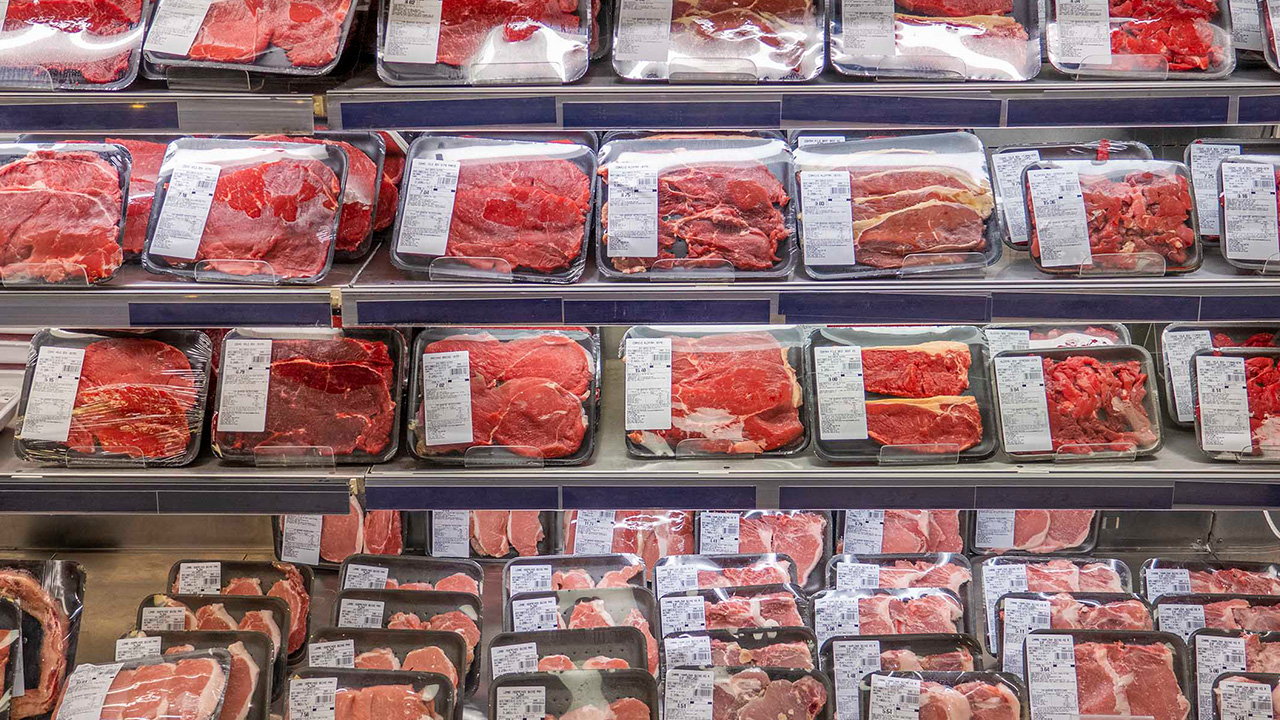2020 in review: Southeast Asia

A temporary ‘half-lockdown’ is still underway in Indonesia, according to Henky Wibawa, executive director at the Indonesian Packaging Federation. ‘The necessary FMCG retail business is still moving, though certain product sectors are really down,’ he says. ‘For instance, the ready-to-drink beverages sector is definitely declining tremendously, and this has negatively affected the use of labels for bottles. All in all, the label market is suffering a great deal here.’
Jason Lim, sales manager at Truf, a Malaysia-based equipment manufacturer, says: ‘The pandemic hit us badly because we could not travel overseas for machine sales and marketing activities. It also led to cancellation of local as well as international exhibitions in Thailand and Vietnam where we planned to exhibit. Further, training new customers, showcasing presses and servicing equipment are among the major challenges we continue to face. However, we have appointed distributors in a few countries to expand our presence.’
The economy in Thailand – hugely reliant on tourism – has taken a substantial hit due to the ongoing pandemic. Recent street protests by thousands have added to the sense of unease. However, as in many other countries, Thailand continues to see increased demand in sectors such as FMCG, pharmaceutical and food.
In the third quarter, the economy in Singapore reportedly contracted by 7 percent. The government has warned that recovery could be slower than expected. According to Euromonitor, the food retail sector in Singapore continues to see growth thanks to demand for premium products and more people cooking at home. While sectors such as tourism and transport, among others, have been affected in Singapore, e-commerce has grown substantially.
‘The market, in general, is moving towards e-commerce, parcel networks and fast-delivery supply chain. Following this trend, some converters are rethinking their strategies and looking to invest in flexible and smart equipment, which implies embracing digital printing technology,’ says Wibawa.
Jason Lim agrees: ‘Some label converters are performing quite well in the local market, especially those catering to FMCG, medical and electronics segments. They are investing in new machines and expanding their factories. Our company, Truf, focuses on small digital printing presses and inspection systems so we have a good number of enquiries. But the decision-making process remains slow.
‘Malaysia has only one technical school that offers printingrelated courses. So, there is a continued lack of skilled labor in the market. We are also a price-sensitive market, so printers are very focused on the cost of the machines. Therefore Chinese equipment is expected to continue to maintain dominance with its aggressive pricing and increasingly reliable technology.’
Supply chain
With lockdown grinding economies to a halt in most regions, supply chain management has become of paramount importance. ‘People are turning towards local suppliers because of the uncertainty of the lockdown. Purchasing a machine with local support has become essential as companies cannot afford machine downtime without rapid support,’ says Lim.
Henky Wibawa elaborates: ‘Managing the whole supply chain resiliently is extremely important today. It requires more inclusiveness from all parties involved. There is a need for more sustainable collaboration from raw materials suppliers, packaging converters, brand owners, delivery service providers, retailers, post-consumer waste management companies and other parties. This kind of consortium must be formed locally as much as possible.
‘Labels are crucial to create smart packaging for track-and-trace and authentication purposes. Governments in many countries have already implemented unique label codes – QR or GS1 2D barcode – in the food and pharmaceutical sectors as standard procedure for imperative serialization.’
Label converters across the region have continued to invest during the pandemic, particularly in finishing and ancillary equipment. International suppliers, meanwhile, continue to take the opportunity to strengthen their presence. Univacco began construction of a new automatic warehouse in Taiwan; Rotocon opened a subsidiary, Rotocon Asia, which will distribute the Ecoline range of finishing equipment in the region; Edale has appointed an agent in Taiwan; Grafotronic opened a new office in Bangkok; Vetaphone, Siegwerk and MPS have all expanded their local teams with new appointments.
‘Label printing technology must shift to meet the requirements of environmental sustainability, in line with the trend towards a circular economy, in order to make labels and packaging compatible for economical recycling or easy separation of non-recyclable materials,’ says Wibawa.
Stay up to date
Subscribe to the free Label News newsletter and receive the latest content every week. We'll never share your email address.

